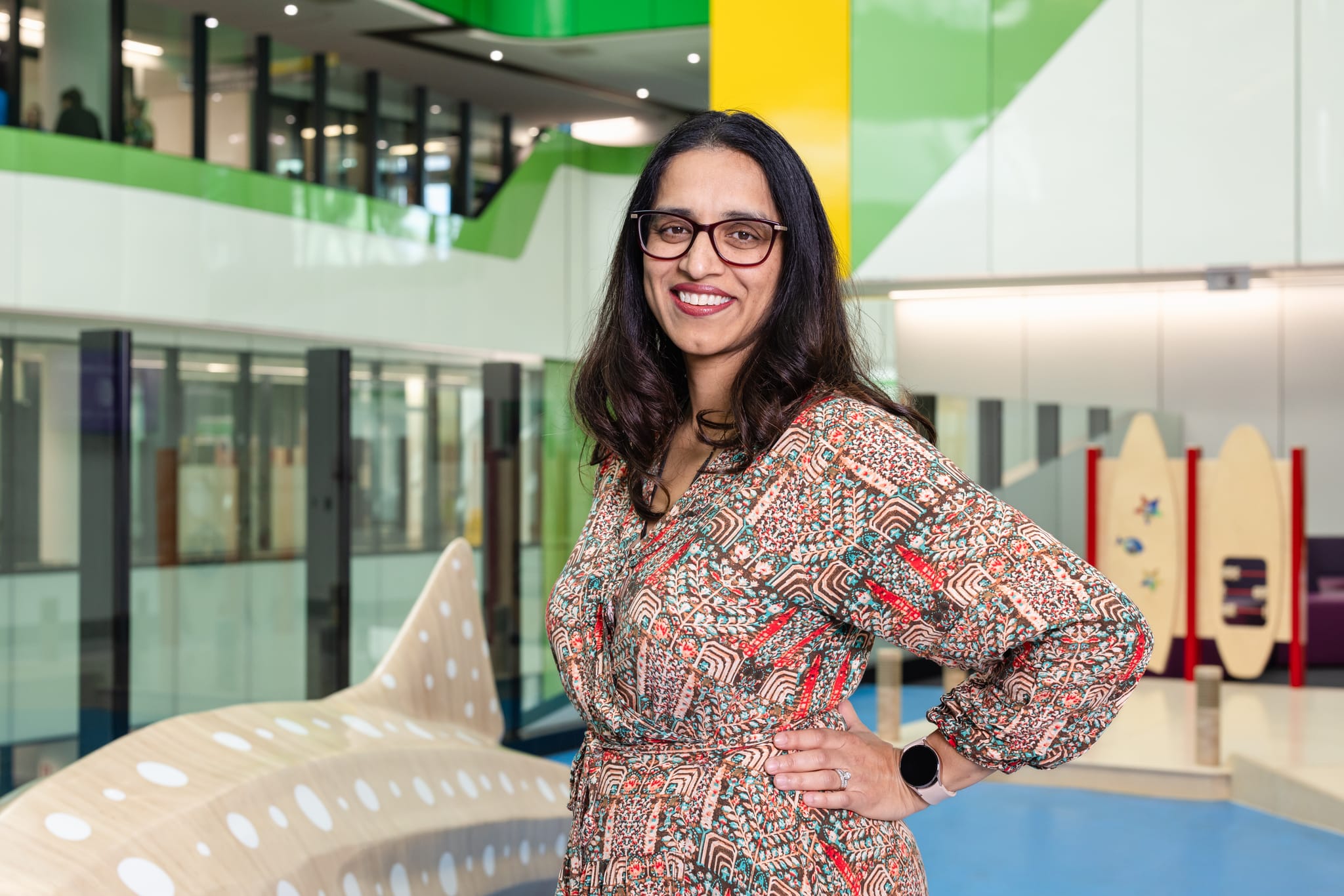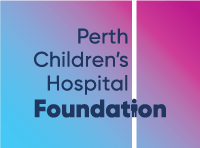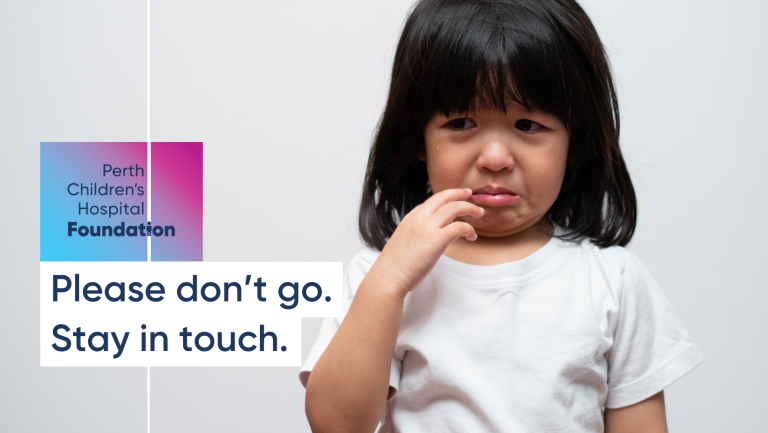
RSV prevention breakthrough.
- Perth Children's Hospital Foundation
RSV prevention breakthrough.
- Perth Children's Hospital Foundation
PCHF-funded REVIVE study shows successful prevention of RSV hospitalisations in babies - meaning more than 500 WA families avoided hospital stays last winter.
An Australian-first study demonstrating the effectiveness of a new immunisation against respiratory syncytial virus (RSV) for babies found it to be almost 90 per cent effective in reducing hospitalisation rates.
The REVIVE Study investigated RSV-related hospital admissions following the introduction of WA’s immunisation program providing babies with nirsevimab. Affecting the airways and lungs, RSV is a life-threatening virus responsible for sending 3.6 million children to hospitals worldwide each year. It is especially dangerous for vulnerable young babies at high risk of potentially deadly complications such as severe bronchiolitis and pneumonia.
“Western Australian researchers have had a long-term commitment to providing protection against RSV,” Dr Ushma Wadia said. “Last year, the WA Department of Health led the way as the first Australian state to offer the free RSV immunisation program for all babies born throughout the winter season and this was extremely successful.
“More than 24,000 doses of nirsevimab were distributed throughout April – September last year, providing coverage to 85 per cent of newborns and 66 per cent of a ‘catch-up’ cohort of babies in the lead-up to their first winter season. Our team worked alongside WA Health to evaluate hospitalisation rates at Perth Children’s Hospital, Fiona Stanley Hospital and Joondalup Health Campus, and allowed us to become the first place in the southern hemisphere to successfully demonstrate the major impact of RSV immunisation in young babies.”
Published in The Journal of Infection, the study also investigated the effect immunisation had on the severity of RSV cases, with nirsevimab recipients 60 per cent less likely to require oxygen or assistance with their breathing if admitted with RSV.

For Charlotte Duffy, it gave her confidence that her twin babies Finn and Ember would be protected when she took them home.
“They both spent nearly a month at PCH when they were born. Finn in particular took a while to manage his breathing himself,” Ms Duffy said. Finn and Ember were offered RSV immunisation before being discharged. With the twins about to celebrate their first birthday, Ms Duffy said the study’s results were “amazing”.
“The vaccine research is really important and I’m really grateful that we got it (the RSV immunisations),” she said. “Hopefully, it’s something that will continue to be available and accessible for everyone.”
PCHF CEO Carrick Robinson said the results of the groundbreaking study were extremely promising. “With a dramatic reduction in hospital admissions for RSV, WA is setting the standard in protecting our youngest and most vulnerable. Not only does this ease the pressure on our hospitals and emergency departments, but it also ensures families are spared the stress and strain of hospital stays.
“Through funding innovative initiatives like this, which have the potential to make a real difference in the lives of children and their families, as well as reducing the burden on the healthcare system, not only in WA but across Australia for years to come.”
The success of WA’s nirsevimab program also contributed to the rollout of a national, $174.5 million RSV immunisation program now underway for all pregnant women and newborn babies which hopes to keep 10,000 Australian babies out of hospital each year.
For Professor Chris Blyth, Head of the Wesfarmers Centre of Vaccines and Infectious Diseases and PCH physician, it is the global significance of this work that is hugely significant.
“The data gained from the REVIVE Study aligns with outcomes from research conducted in the northern hemisphere and can now be used as evidence to inform vaccine policy throughout the world, including in lower-income countries where morbidity rates for RSV are at their highest,” Professor Blyth said.
Support more groundbreaking research here in WA, donate to PCHF today at: pchf.org.au/donate
The REVIVE study was made possible thanks to researchers at the Wesfarmers Centre of Vaccine and Infectious Diseases, based at The Kids Research Institute Australia.

